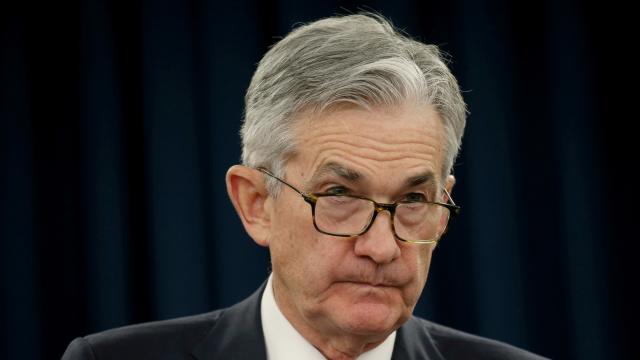
Our tools cannot alleviate supply constraints. We believe that our economy will adjust to supply and demand imbalances, and that inflation will fall. If we see signs that inflation is persistently rising above desired levels, we will make adjustments. We predict inflation will fall by 2 or 3 percentage points in the next quarter.
The inflation we are experiencing isn't related to a tight labor market. The inflation we are experiencing right now is due to bottlenecks and high demand.
The taper will be completed by the middle of next year. Today's taper sends no direct signal about monetary policy. The Fed's decision to taper does not imply a direct signal on interest rates. Now is not the time to raise rates. If a response is required, we will not hesitate to take action. If there is a need to deviate from the taper plan, we will make that clear. We do not want to raise interest rates at this time because we want to give the labour market more time to heal.
It is time for reconsideration since the economy has made significant additional progress but still has a long way to go in terms of job increases. We could reach maximum employment by the middle of next year. Our concern would be if wages rose faster than inflation and productivity improvements. We don't have evidence of that.
Our expectation is supply chain issues will linger into next year.